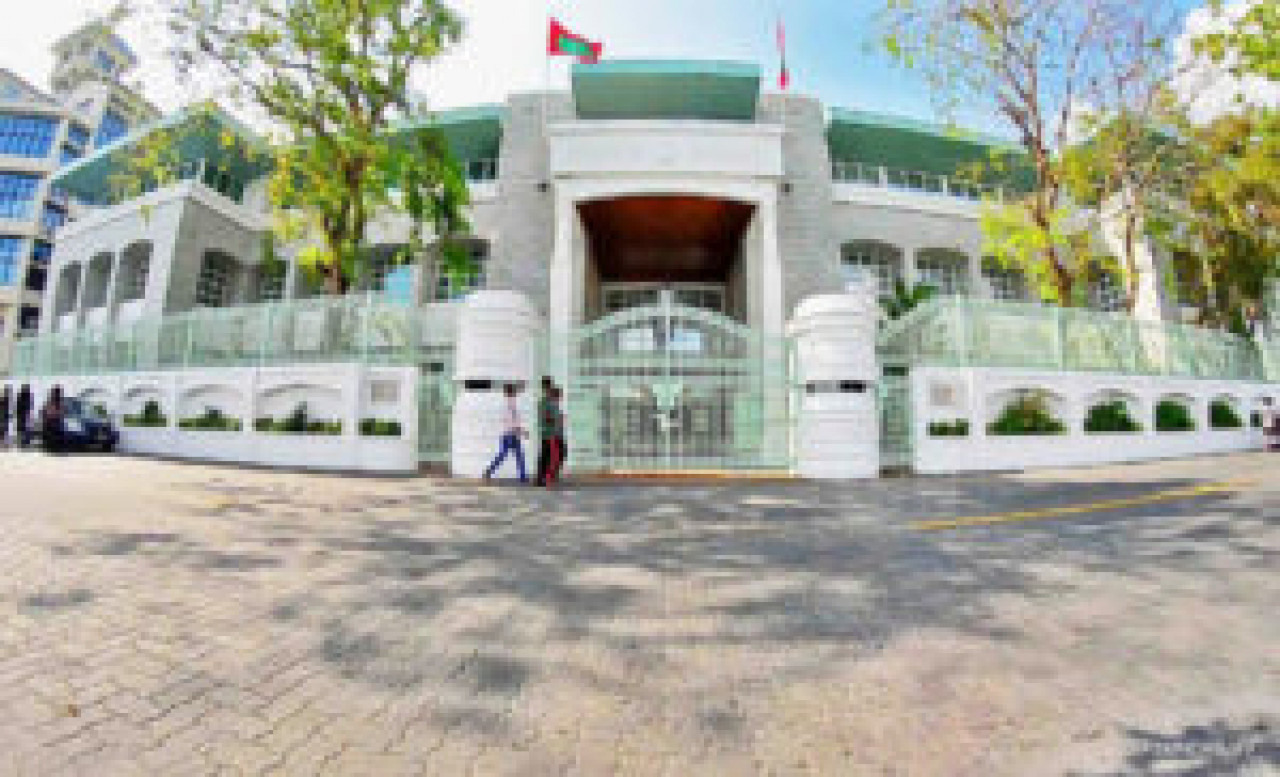While reading the news on January 29th in Dhuvas Online, I came across an article with the headline "Important Decisions Taken on Reducing Prices of Basic Food Items." The report outlined the President's policies aimed at lowering food prices and provided a summary of the government's plans.
According to the news, utility companies are working on a plan to decrease dependency on fuel, and there's an initiative to identify areas for establishing modern warehouses and cold storage to enhance warehousing capacity. Additionally, the government plans to review fees on commercial ports. It appears that these measures are part of an effort to combat the country's inflation.
Inflation, the change in the prices of goods and services over time, erodes the purchasing power of the Rufiyaa. The country's inflation rate was reported at 3.4% at the end of the previous year, leading to a 3.4% increase in living expenses and a decrease in the real value of money.
Despite the relatively low inflation rate, the government seems committed to further reducing it. The November and December inflation rates were 2% and 2.1%, respectively. There is a belief that the official figures might not accurately reflect the impact of rising food prices, making the actual inflation rate higher than reported.
Food prices, including staple foods, are on the rise, creating a paradox with the relatively low inflation rate. The actions taken by the government, while intended to control inflation, are seen by some as potentially contributing to increased government operating expenditure.
To effectively address inflation, suggestions include reducing government operating costs by cutting budgets for agencies and potentially raising taxes to slow down public spending. Given the substantial spending on oil and the global trend of rising oil prices, exploring alternative sources like obtaining oil from Russia is proposed to potentially lower costs and improve foreign exchange reserves.
Concerns about the falling Rufiyaa and its impact on imported goods are raised, especially considering the challenges posed by the black market for dollars. The text concludes with a note about the government's efforts to find a solution to the dollar market, emphasizing the importance of addressing the strain on foreign currency due to significant food imports.



